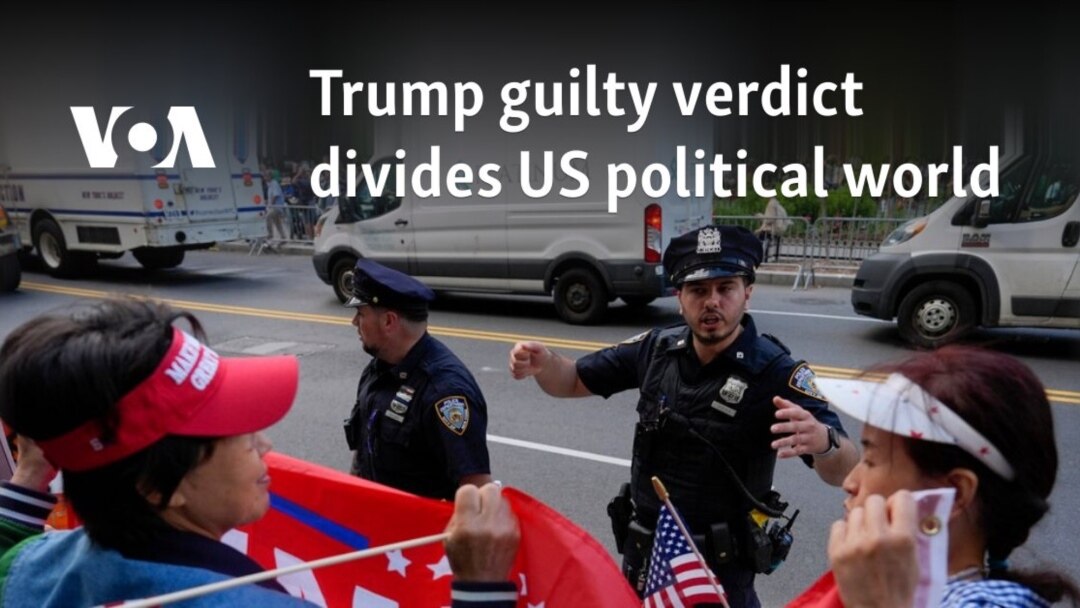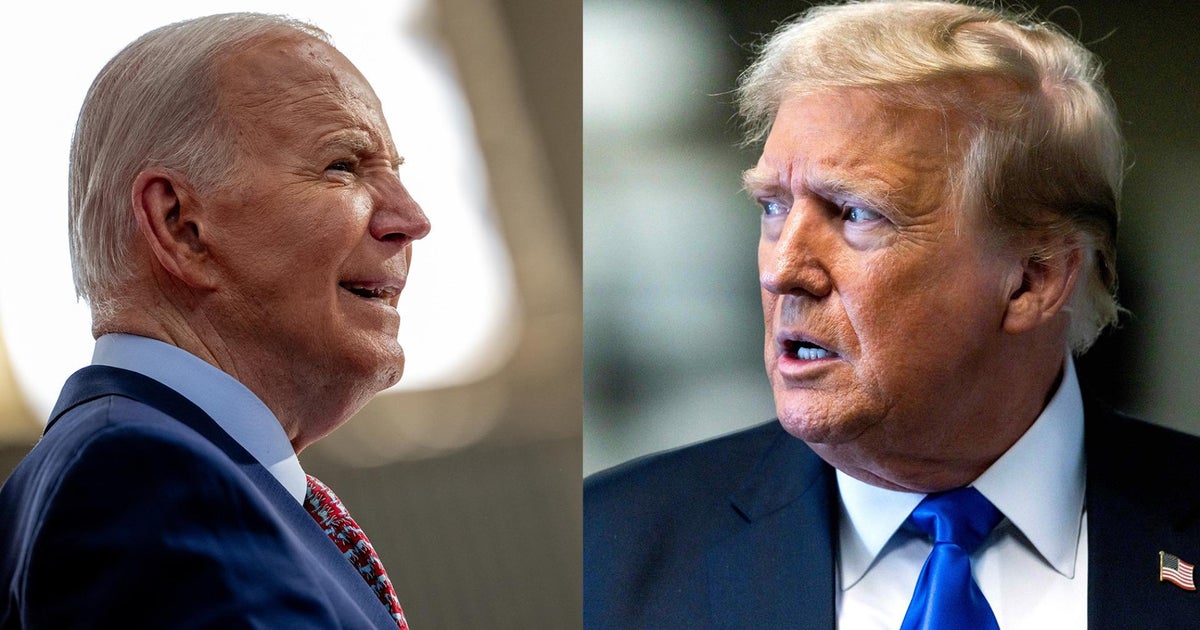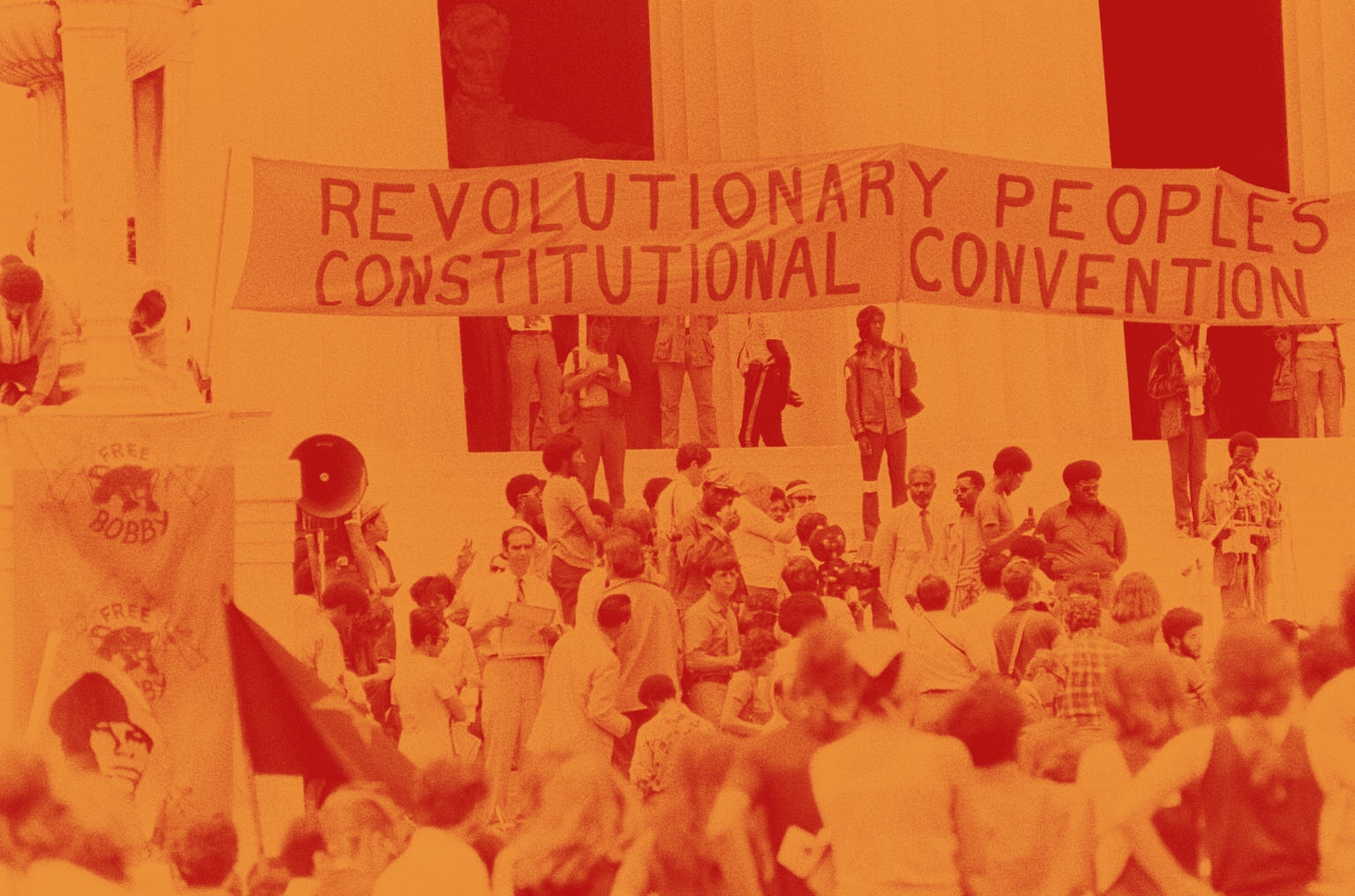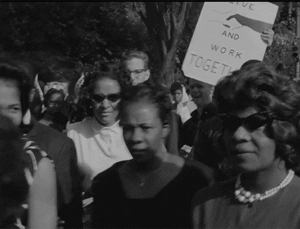- BlackVoter.Org
- Posts
- BLACKVOTER.ORG #68
BLACKVOTER.ORG #68
Empowering Awareness: Stay Grounded With Blackvoter.org Newsletter!



Former President Donald Trump's guilty verdict in a New York court on 34 felony counts has divided the US political world. President Joe Biden's campaign stated that the conviction shows that no one is above the law.
However, the Trump campaign claimed that it was a rigged trial orchestrated by a conflicted judge and liberal area. US House Speaker Mike Johnson called it a purely political exercise.
Congressional Democrats hailed the verdict as proof of the strength of the American legal system. The conviction marked the first time a former US president has been found guilty of a felony, but it does not prevent Trump from running for office and will likely face a lengthy appeals process.
If the conviction stands, Trump could face a jail sentence or house arrest.

Republicans vying for Senate seats in competitive races across the country are changing their stance on abortion, moving away from their previously staunch anti-abortion views. Candidates in Michigan, Maryland, Ohio, and Pennsylvania have softened their rhetoric, shifted their positions, and even embraced policies advocated by Democrats.
This shift comes as the issue of abortion has become a liability for the Republican Party since the Supreme Court overturned federal abortion rights. For example, Ohio Senate candidate Bernie Moreno, who previously described himself as "absolute pro-life, no exceptions," now supports a 15-week national abortion ban while also advocating for the issue to be primarily decided at the state level and for reasonable exceptions.
Similarly, David McCormick, a Pennsylvania Senate candidate, has voiced support for exceptions to abortion bans in rare instances when a woman's life is at risk. These Republican candidates are attempting to repackage their views on abortion in order to appeal to voters and mitigate the electoral consequences of their previous staunch anti-abortion stances.

In this article, the author discusses the potential impact of a guilty verdict in the criminal trial of former President Donald J. Trump.
While Trump has defied political norms and survived numerous controversies in the past, it remains to be seen how his supporters will react to a conviction. Although it is unlikely that Trump will lose support from his loyal base, any losses could be crucial in a closely divided country during an election.
One factor that might make Trump more vulnerable is his reliance on the support of young and nonwhite voters, who may not be as loyal as his long-standing supporters. The author acknowledges that polling on hypothetical scenarios can only offer limited insight into actual voter behavior, as it does not account for the full context of the case or other influential factors.
Ultimately, only time will tell how a guilty verdict would affect Trump's political future.

American sports culture has shifted from unifying to divisive due to the rise of grievance politics and the politicization of sports events. The transformation was catalyzed by Donald Trump's taunting comments about NFL players who protested racial injustice during the national anthem.
Since then, the sports world has become a battleground for political and cultural debates, leading to increased divisions among fans and athletes. Kaepernick's kneeling protest, along with other high-profile incidents, has sparked controversy and backlash, causing people to root against the United States in international competitions and leading to campaigns to restrict transgender participation in sports.
The dominance of grievance culture in sports conversation hinders social progress and prevents the unifying power of sports from being realized.

Presidential candidate Nikki Haley faced criticism after failing to cite slavery as a cause of the American Civil War during a campaign stop in New Hampshire. When asked about the cause of the war, Haley responded that it was about "how the government was going to run" and "freedoms and what people could and couldn't do.
" She then turned the question around and asked the person who posed it what they thought. The questioner expressed astonishment that Haley did not mention slavery.
While there were various political and economic factors involved in the start of the Civil War, slavery was the central issue. President Joe Biden responded to the incident on social media, stating that "it was about slavery.
" Haley, who was the governor of South Carolina, previously supported the removal of the Confederate flag from the State House grounds in 2015.

President Biden and Vice President Harris are focusing on reaching out to Black voters while former President Donald Trump deals with legal issues. They have launched a Black voter outreach initiative and are working to draw a contrast between themselves and Trump.
Biden and Harris are hoping to gain support from Black voters by highlighting their commitment to racial justice and equality. In contrast, Trump is currently dealing with legal challenges and is not actively campaigning.
CBS News senior White House and political correspondent Ed O'Keefe provides updates on the campaigns. The article suggests that Biden and Harris recognize the importance of Black voters in their political strategy and are actively working to engage with this key demographic.

A new study conducted by researchers at UC Berkeley suggests that racial resentment played a significant role in fueling the January 6th rebellion at the U.S.
Capitol and the opposition to the House probe investigating the attack. The study found that white individuals who harbor resentment towards Black people and believe that they use race to gain unfair advantages were more likely to question the need for the investigation.
The researchers argue that racial resentment, which is an emotional response to perceived injustices, was a dominant factor in justifying the insurrection and opposing the investigation. The study also revealed that racial resentment was strongly tied to support for former President Donald Trump and his "Make America Great Again" movement, which promoted the idea that white people were being unfairly disadvantaged.
The researchers emphasize that understanding the connection between racial resentment and political motivations is crucial for addressing and bridging the racial divide in the country.

In the race to win over Black voters, President Biden and former President Donald J. Trump have taken two very different approaches.
Biden, in a campaign event in Philadelphia, presented a laundry list of his accomplishments, executive orders, and investments in Black America, emphasizing that his administration has done more for the Black community than any previous administration in history. On the other hand, Trump, at a rally in the Bronx, made a more direct appeal, stating that African Americans are being "slaughtered" and highlighting the prosperity of his presidency.
The contrasting strategies highlight the importance of Black voters to both parties, particularly in key battleground states. While Biden is currently winning strong majorities among Black voters, he is facing criticism for underperforming compared to past Democratic benchmarks.
Meanwhile, Trump is hoping to draw on nostalgia for the economic stability of his time in office and downplay the impact of the pandemic. Ultimately, the fight for Black voters will play a significant role in determining the outcome of the election.
Former President Donald Trump's guilty conviction on all counts in a criminal hush money trial has sparked mixed reactions in Wisconsin. In interviews across the state, voters' responses ranged from shock and disbelief to support and conviction.
There were those, like 27-year-old Damon Anderson, who were speechless at the verdict and didn't think Trump would be convicted. Others, like Hannah Neece, were impressed with the impartial jury's decision and believed it was the right call.
However, Joel Bartel, the chairman of the Waupaca County Republican Party, called the verdict a "misuse of our judicial system" and warned that it could further drive a wedge between Republicans and Democrats. Republicans in the state expressed similar sentiments, with Sen.
Ron Johnson calling the outcome a "travesty of justice" and the Republican Party of Brown County accusing Democrats of corrupt left-wing radicalism. The verdict is likely to have significant implications for the upcoming Republican National Convention in Milwaukee.

The Biden campaign has garnered support from big-name celebrities, but many in Hollywood are hesitant to publicly endorse a candidate in the highly polarized political climate leading up to the 2024 election, according to sources consulted by CNN. The sources, including publicists, agents, and political strategists, explain that endorsing a candidate comes with high risks in today's divided world, and many celebrities may choose to align themselves with specific issues rather than a candidate.
While the Biden campaign has already announced endorsements from stars like Julia Roberts and George Clooney, there is more trepidation around younger Hollywood celebrities speaking out, as they could play a pivotal role in engaging Gen Z voters and younger millennials. The campaign is planning for more endorsements closer to Election Day and is encouraging celebrities to maximize their impact on social media and beyond.
However, the conflict in Israel and Gaza has created divisions among celebrities, highlighting the fraught nature of public endorsements in our current political climate. Ultimately, celebrities may still play a key role in rallying voters and getting them to the polls, particularly on issues like climate change and abortion.

In their efforts to appeal to black voters, President Joe Biden and former President Donald Trump are taking different approaches. Biden, during a Black voter outreach program in Philadelphia, emphasized his long list of accomplishments, executive orders, and investments in Black America, highlighting his administration's commitment to the community.
Meanwhile, Trump has focused on creating a positive "vibe" by highlighting the pre-pandemic economy and trying to paint his time in the White House as a period of peace and prosperity. Biden's outreach to black voters has focused on reminding them of Trump's divisive record and selling them on what he has accomplished, including reducing the racial wealth gap and investing in historically Black colleges and universities.
However, recent polls show that Biden is underperforming with Black voters compared to past Democratic candidates, which experts attribute to a lack of translation between his agenda and improvements in the lives of black voters. Conversely, Trump aims to either reduce the number of Black voters overall or flip some into his column.

The article argues that decolonization should not be seen as a violent and zero-sum fight for power, but as a project aimed at creating a genuinely inclusive society. The author explores the historical perspectives of Black radical thinkers, such as W.
E.B.
Du Bois and James Boggs, who viewed decolonization as a means of addressing the structural flaws of American society and achieving true freedom for all communities. These activists saw constitutional politics as a mechanism for dismantling the colonial infrastructure and creating a more democratic and egalitarian society.
They believed that racial and class politics were interconnected and that change required not just legal equality, but also fundamental shifts in the structure of American governance. However, the article notes that the radical visions of decolonization were largely marginalized in mainstream American politics, leading to a narrowing of the constitutional discourse and a retreat from large-scale transformation.
The author argues that it is essential to revisit and appreciate the richness of the decolonial imagination in order to address the pressing social and political crises of today.

Thank you Please support https://linktr.ee/blackvoterorg "Introducing 'Knox Discovers Democracy' – a delightful journey through the USA political process tailored for young children. Join Knox as he embarks on an adventure to learn about democracy, elections, and the power of voting. Through colorful illustrations and engaging storytelling, children will explore the importance of civic engagement and discover how their voices can shape the future. Get ready to inspire the next generation of active citizens with Knox's empowering tale!" Free ebook download Link below |


